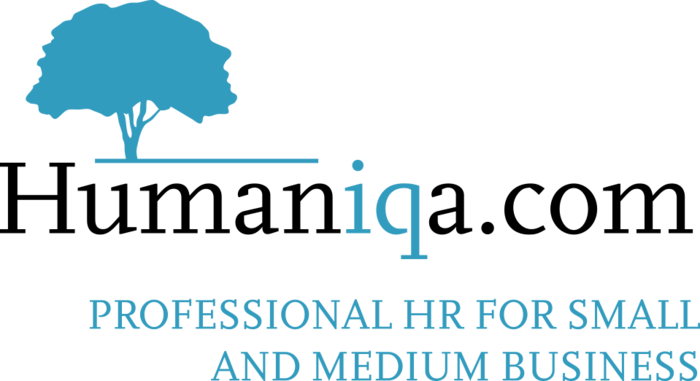An Employer’s Guide to the Legalization of Marijuana in the Workplace October 16 2018
We are one day away from the legalization of the recreational use of cannabis in Canada. If you have not already done so, it is important to familiarize yourself with the answers to the commonly asked questions below. The bottom line here is that the legalization of marijuana does not mean employees can be impaired at work, which your company’s Drug and Alcohol policy should clearly state.
- Does legalization mean employees can be impaired at work?
It does not. Employers should prohibit the use of marijuana at work during working hours and from attending work while impaired. Workplace rules regarding non-medical use of marijuana should be outlined in your Drug and Alcohol policy. We recommend eliminating the language “illicit drugs” from your policy, and changing such instances to “drugs” in order to encompass marijuana.
- Does the duty to accommodate extend to medical marijuana?
Yes. Employees must tell their manager immediately if they require accommodation due to the use of medical marijuana. Employees who have a drug and/or alcohol dependency may also be entitled to accommodation. Employers should follow similar accommodation measures as they would to an employee being on any other prescription medication, including obtaining limitations and restrictions from a qualified medical professional. Accommodation should be provided up until the point of undue hardship, and may include altering duties, removing the employee from a safety sensitive position, or providing more frequent breaks.
- What steps should we take if someone suspects an employee is impaired at work, or we smell marijuana on their person?
If an employee suspects one of their co-workers are impaired or in possession of non-medical marijuana, they should alert their immediate supervisor or manager. If a supervisor or manager has reasonable suspicion that an employee may be impaired, they should immediately ask the employee to have a discussion in a private area, such as a boardroom. By having a discussion with the employee who you believe to be impaired, you will be able to gauge the employee’s level of impairment. This will also provide the employee with an opportunity to either deny their impairment or provide an explanation for their behaviour. Any and all discussions and incidents should be recorded in the case that you continue to receive complaints about a specific employee or if your findings result in disciplinary action.
A manager must use his or her judgement to assess safety. If a manager has deemed an employee’s ability to safely perform their duties has been impaired by drugs or alcohol, the manager should immediately take steps as necessary to prevent the person from causing any injury to themselves or others. This may include sending the employee for drug and alcohol testing if your policy allows for such, and/or placing them on a temporary suspension.
- Are we legally allowed to test employees for drugs and alcohol?
The simple answer is yes. If employees are hired for safety sensitive positions, employers may want to implement pre-employment screening as part of the job offer. Employers may also want to test an employee for drugs and alcohol after a workplace accident if impairment is suspected as a contributing factor. In all cases, employees should be asked to provide written content to the testing and the release of the results to your company. You should also have a Drug and Alcohol Testing policy to outline when and how testing will occur. A sample of such policy can be found in our Policy Library.
As of the date this article was released, there is still no clear consensus on what constitutes marijuana impairment. It is important to remember that even after legalization, the right of individuals to use marijuana will never exceed the right of an employer to maintain a safe, drug-free work environment. Please continue to monitor our website and your province’s legislature for updates on marijuana testing provisions.
Date: October 2018
